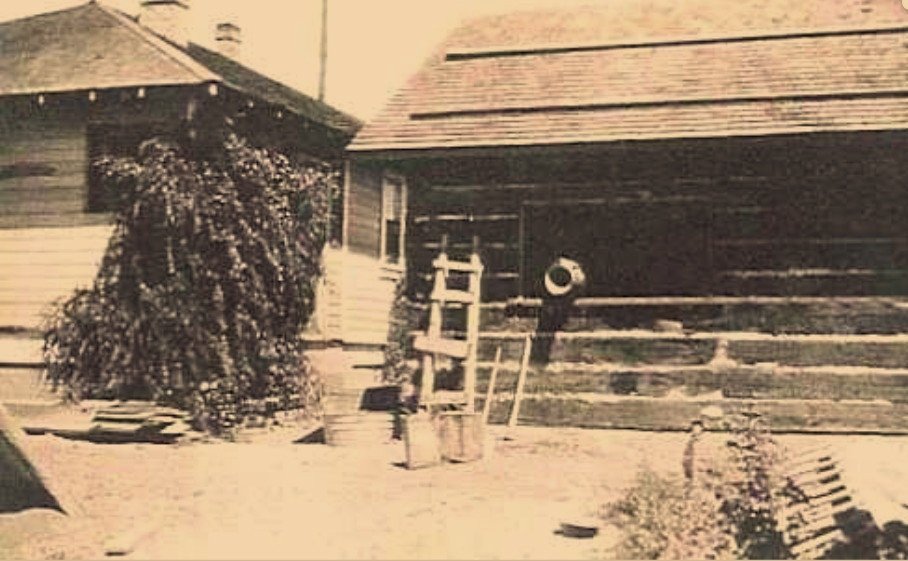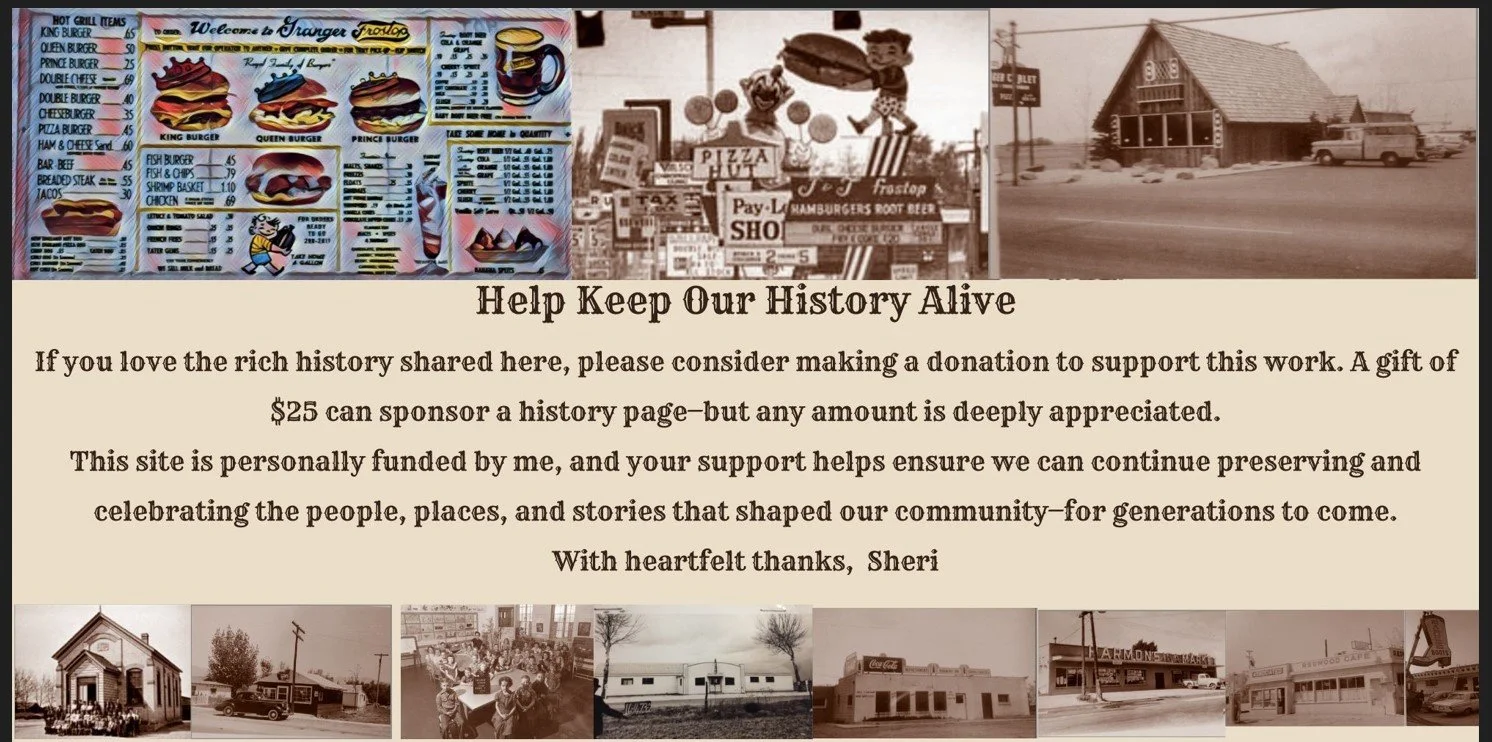Franklin Gerber — from building mothers home at age 10 to taming the desert in Metropolis
Franklin Gerber: From Granger Fields to the Sagebrush Frontier
Franklin Gerber, born in 1878 in Granger, Utah, learned the meaning of hard work while still a boy. When his father, John T. Gerber, was forced to end his plural marriage after his release from prison in 1888, Franklin was just 10 years old — but old enough to step up alongside his older brothers. Together — Samuel (22), Alma (18), George (16) and Franklin (10) — they hauled timber, drove nails, and built a sturdy home for their mother, Eva Schübel Gerber, on ten acres along what became known as Gerber Lane.
That early act of sacrifice set the pattern for Franklin’s life. In Granger, he grew up dry-farming the dusty fields, hauling water from hand-dug wells, tending animals, and learning from his mother how to make do with very little. By his teens, he could run a plow team, fix fences, and help his widowed mother provide for his younger siblings.
Though the family struggled, the lessons Franklin learned in the hayfields and melon patches of Granger shaped him into a man of quiet grit. Hard work was his language — from building his mother’s house as a boy to raising sheep, dry-farming, and leading scattered Saints as an adult.
He carried those early Granger lessons across the West — to Cardston, Alberta in 1906, Mississippi as a missionary in 1908, Lindon and Woods Cross, Utah, In 1914, they moved to the desert town of Elko, Nevada, and then on to Metropolis, where Franklin became bishop in a community fighting to hold on against drought, broken promises, legal battles over water, jackrabbits, and crickets. His hands never stopped working — on fence posts, irrigation ditches, or new callings. Wherever he went, Franklin Gerber worked. He raised sheep on dry, stubborn land, tended crops in harsh climates, and shouldered the hardships that came with trying to coax a living out of sagebrush and dust. His children drilled, dig, planted, dry farmed, milked cows alongside Frank. Frank was a community leader and loved and prayed that Water would be brought and kept so the town of Metropolis could flourish.
In 1949, Franklin he settled in Mesa, Arizona, trading the sagebrush for citrus trees and desert sun. He died there in 1975, still carrying the quiet strength he’d forged as a barefoot farm boy helping his mother hold her family together under the wide Granger sky.
His wife Margaret died in 1948 and when Metropolis failed, Franklin didn’t quit. In 1949, he moved to Mesa, Arizona, where he lived out his final years — still working, still serving, and still holding tight to the faith and grit that had carried him from Canada’s cold plains to Nevada’s sagebrush and the desert warmth of Arizona. He died in 1975, leaving behind a legacy of steady sacrifice and the story of a man who never stopped building — farms, families, and communities — no matter how rough the ground.
Eva’s home still stands. Franklin helped build this home as a young boy : behind house 3838 S. 2200 W
The family home and dairy barn in Metropolis



